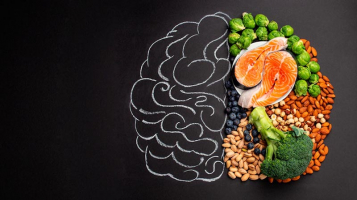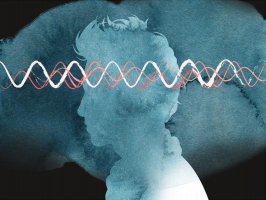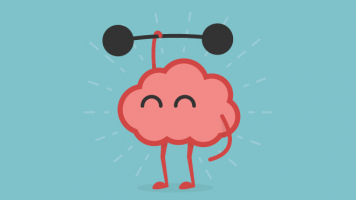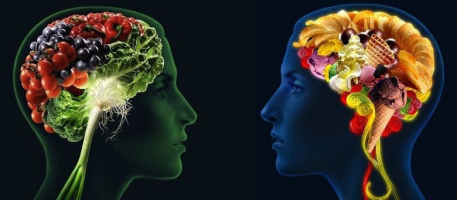Top 10 Things You Didn't Know Your Brain Couldn't Do
The brain is a remarkable organ. It produces sufficient electricity to run a lightbulb. It is estimated to run at one exaFLOP, or "a billion billion ... read more...calculations per second," on a scale. 500 billion printed pages of standard text, or one petabyte, of storage space, might be available. Even after all of that, there are still a staggering amount of things it cannot do, many of which you may not even be aware of.
-
Some people take great pride in their multitasking prowess. If you've spent any time looking for a job in the past 30 years or so, you've definitely noticed that the majority of job postings state that they prefer candidates who can multitask. Today, it's how we complete tasks. However, it isn't. You might be surprised to learn that you're not a good multitasker, especially if you believe you are. The ability of the human brain to multitask is poor.
No one is dismissing the sense of achievement you might feel when you complete three tasks quickly, but the reality is that you'd perform better if you completed each work separately. And are you really multitasking when you believe you are? Most of us, according to neuroscientists, switch between tasks. Instead of performing two things at once, you alternate between them fast. Your brain is not designed to focus on more than one thing at a time, which is the cause.
Neuroscientists advise trying to write an email while on the phone as an example. Even if you believe you can accomplish it, give it a sincere go. Consider your ability to converse in whole, clear words, listen to the other person, and simultaneously type a readable email. Most of us would actually speak first, then type, and last speak. Those two communication duties cannot be split up by your brain at the same time. In fact, even with task switching, the more tasks you attempt to complete at once, the poorer your total performance will be.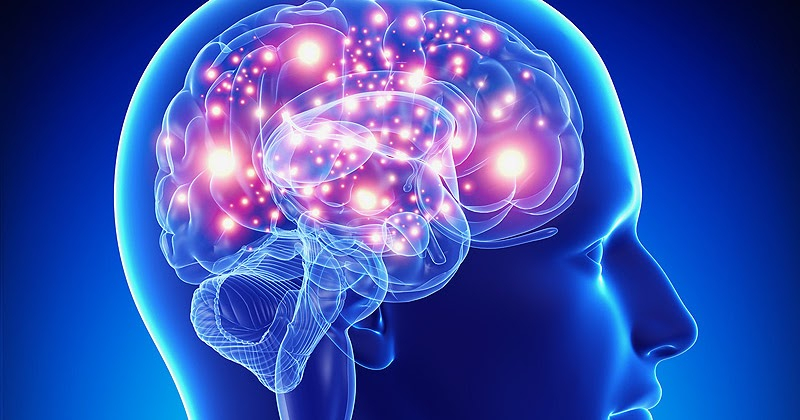
https://gethealthyskintips.blogspot.com/ 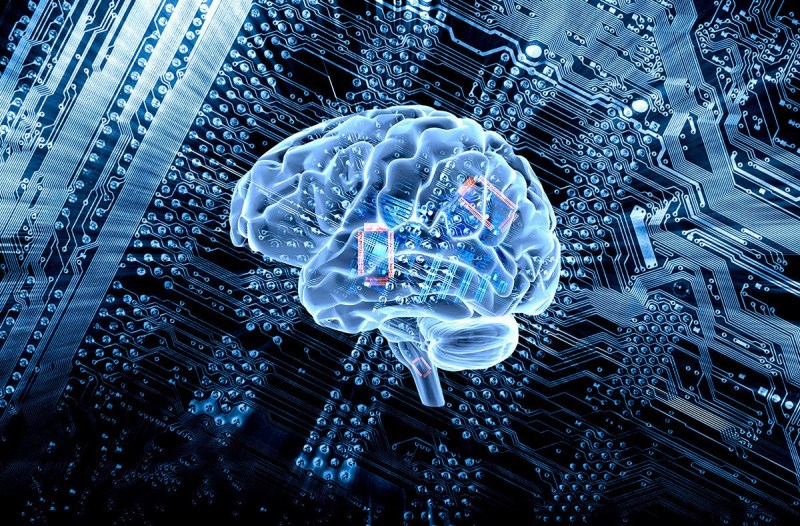
https://www.csoonline.com -
You've probably heard that you can't tickle yourself. Try it right away if you haven't heard of it. It's impossible for the majority of us. Even if someone else tickles you and you end up on the floor in a writhing, giggling mess, you just can't seem to pull it off. However, it's not always because your mind is dull.
First off, being ticklish is a form of protection. We react viscerally, twitchily, and squirmily to things like spiders or other strange small organisms crawling over us, which gives rise to the experience. In the same vein, it can be a defense mechanism against aggression. To demonstrate that they were uninterested in fighting, our ancestors may have laughed despite discomfort. However, we are unable to harm ourselves because our brain, in a sense, anticipates our actions.
The secret to tickling is surprise. You never know where a tickler's fingers will land next when they are tickling you. The overall situation is unsettling, and the laughter is typically not really joyous. But the feeling of surprise cannot take hold since your cerebellum already knows where your hands are going to tickle yourself.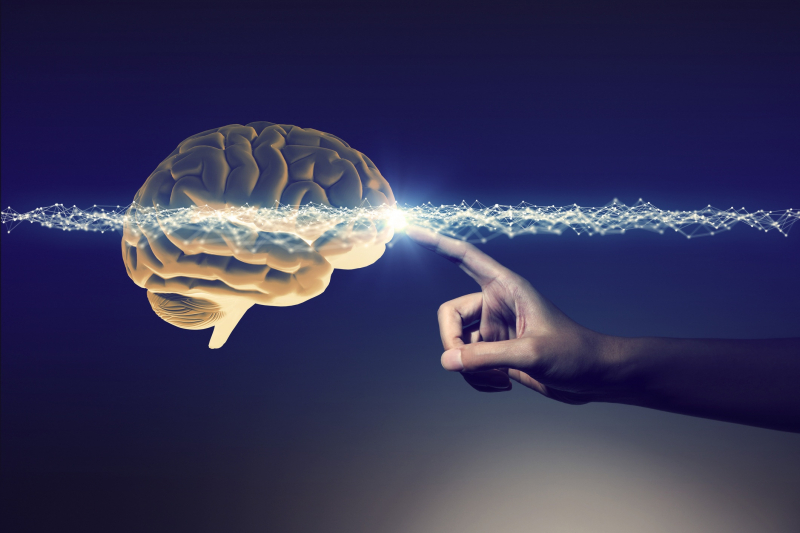
https://www.docwirenews.com/ 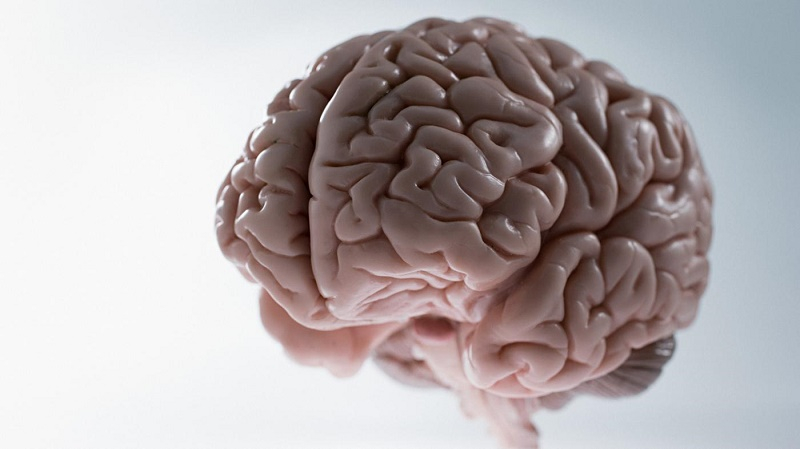
https://quizly.co/ -
Did you come across this link on social media? Both good and terrible news are available. The good news is that you're learning while being entertained. Isn't that wonderful? Unfortunately, social media is damaging your brain.
The average person spends more than two and a half hours every day on social media, according to study. This alters how your brain receives information and causes you to experience variable-ratio reinforcement, in which you continually hope to see fresh information and are gratified when you are successful. As a result, you find it difficult to concentrate on one item for an extended amount of time and become quickly distracted.
People who use social media frequently score worse on cognitive exams. They have to make an effort to concentrate on one task at a time. Even worse, social media has a similar impact on your brain as drugs do. It can cause cravings and addiction.
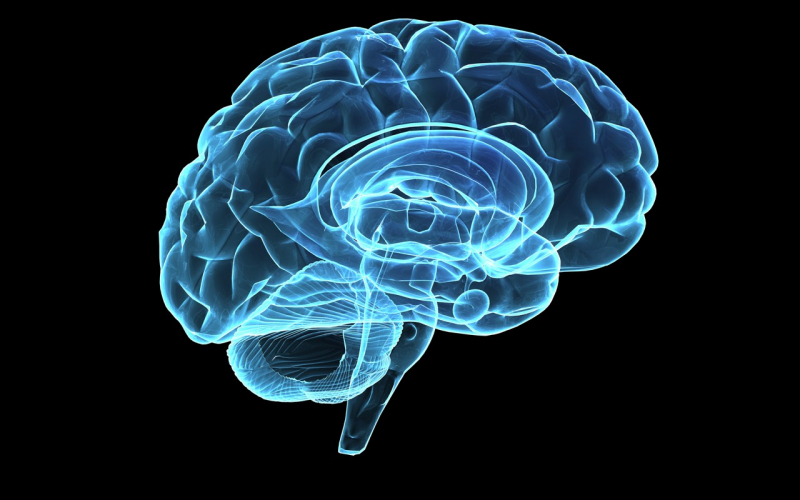
http://eskipaper.com/ 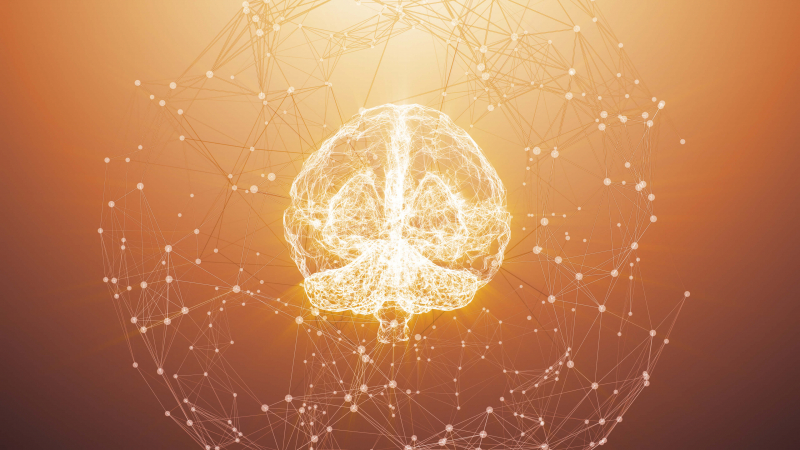
https://www.froedtert.com -
If you've ever flown, you know that the captain will usually announce your cruising altitude over the intercom at some time. Perhaps you've never given it much attention, but the next time you're up there, see if you can determine your altitude before being told. Because our brains are terrible at mapping altitude, there's a good chance you can't.
The area of rats' brains that maps space and distance barely registers when the animal is only moving upward, according to research on the brains of rats as they ascended. Because our brains appear to interpret how things work in three dimensions, particularly being able to travel up vertically, differently than it understands working on the ground, the cells that measure distance simply do not know how far up an animal goes when it is climbing. It's similar to using two different maps to get around. The vertical one is harder for your brain to read than the horizontal one.
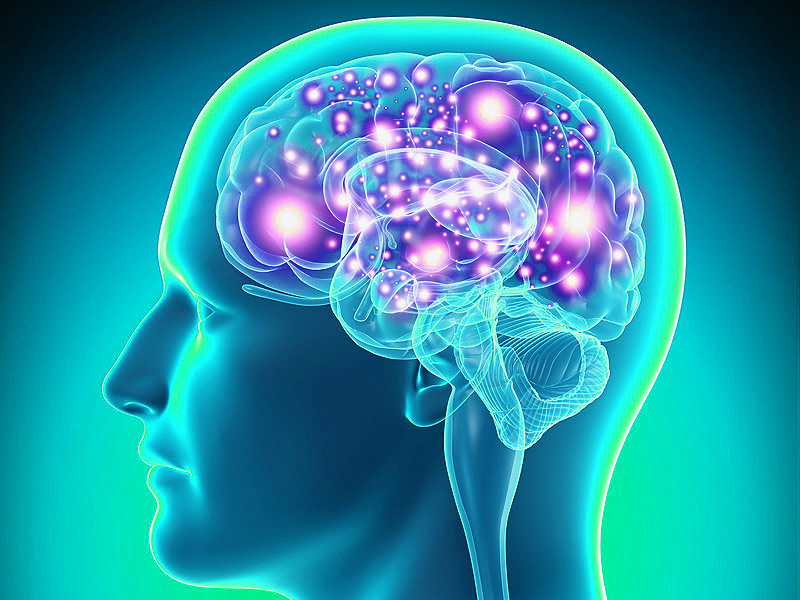
https://psychcentral.com/ 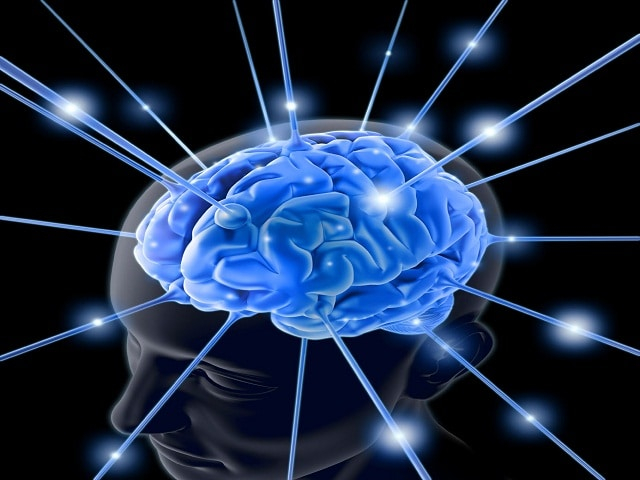
https://www.wakingtimes.com/ -
Having your heart broken is among the worst emotions imaginable. Have you ever had a hand burn from a stove, though? That also aches. Is it possible to determine which hurts more objectively? Can you discern how they hurt differently, which is even harder? Do not be concerned if it becomes more difficult for you to distinguish between bodily and mental discomfort. Your brain is also incapable of telling the difference.
The expression "heartache is like genuine, physical pain" is not just a flowery metaphor. The human brain responds to emotional anguish similarly to physical pain, according to MRI research. That implies that you ache similarly in a physiological sense and that your brain doesn't distinguish between the two pains. What's worse, emotional suffering actually impairs your intelligence. When dealing with heartbreak, your reasoning abilities suffer immediately, and your IQ may decrease by about 25%.
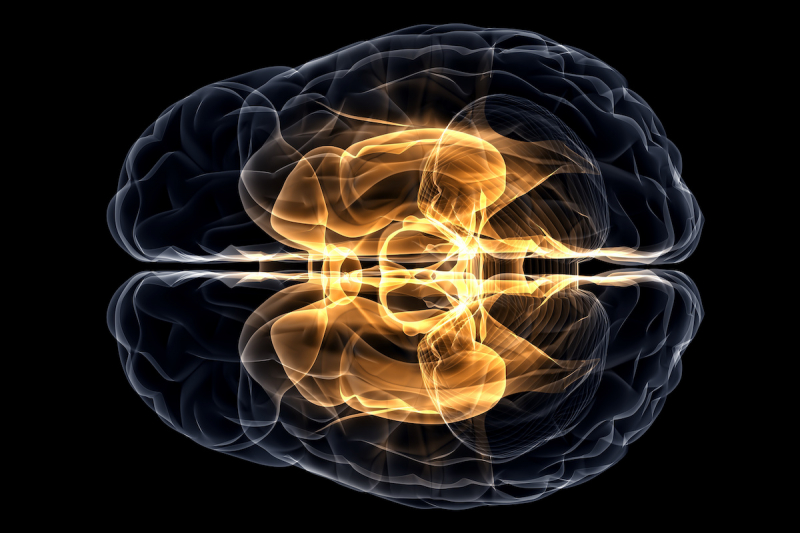
https://soundmindproject.org/ 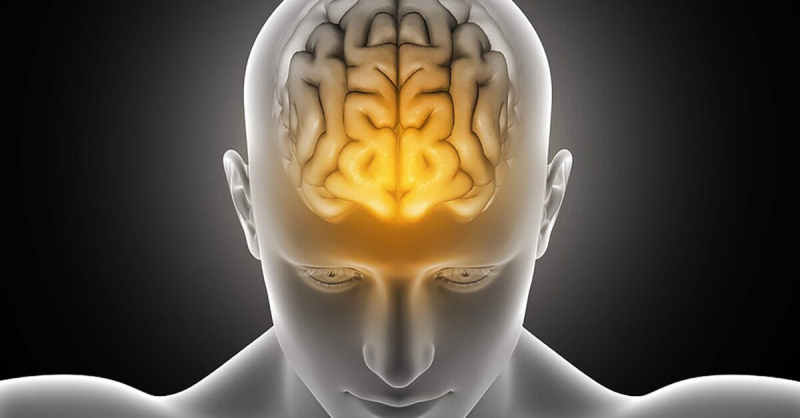
https://psychcentral.com/ -
You're not the only one who has experienced difficulty falling asleep in a hotel room or even at a friend's residence. Most individuals find it difficult to sleep in strange surroundings, and this is entirely your brain's responsibility, or at least half of your brain.
Why is it that when we try to go asleep in strange places, our brains are less likely to relax? Perhaps it has something to do with the fact that our predecessors had to worry about predators and possibly attacks from competing clans. Your brain's right side will function better at falling asleep, while the left side seems to remain awake. Animals like dolphins, which actually can't fall asleep completely because they'll drown, exhibit the same behavior. Your brain needs to be on watch because it's not certain whether you won't drown at a Motel 6.
The First Night Effect is the name given to the phenomena since it occurs so frequently. It causes your brain to respond more quickly to nighttime noises and to wake you up more quickly in the event of an emergency. However, it usually only lasts one night. Brain imaging techniques used to track how it functions also reveal that many brains will relax after sleeping in the same area for two nights, allowing both sides to shut down and get slumber at the same time. However, it can take some people up to four days to truly unwind in a new location.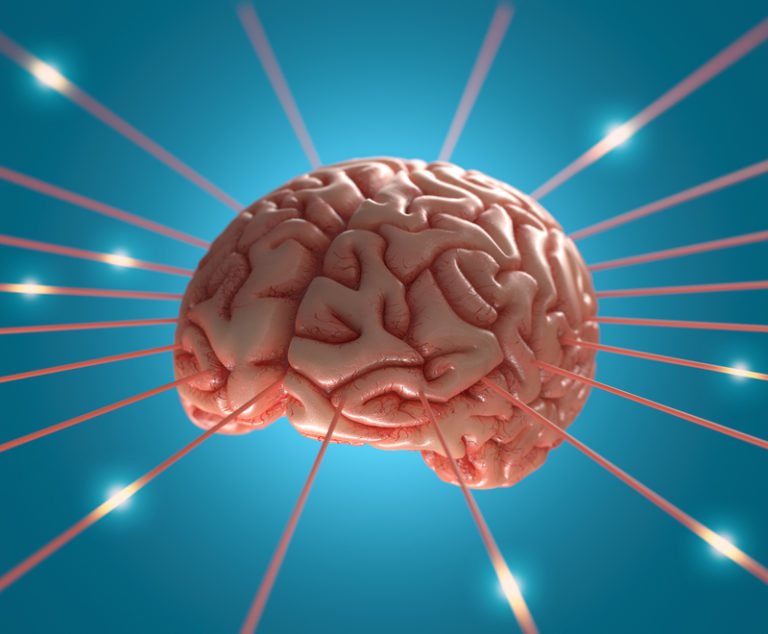
https://www.wellnessmonsters.com/ 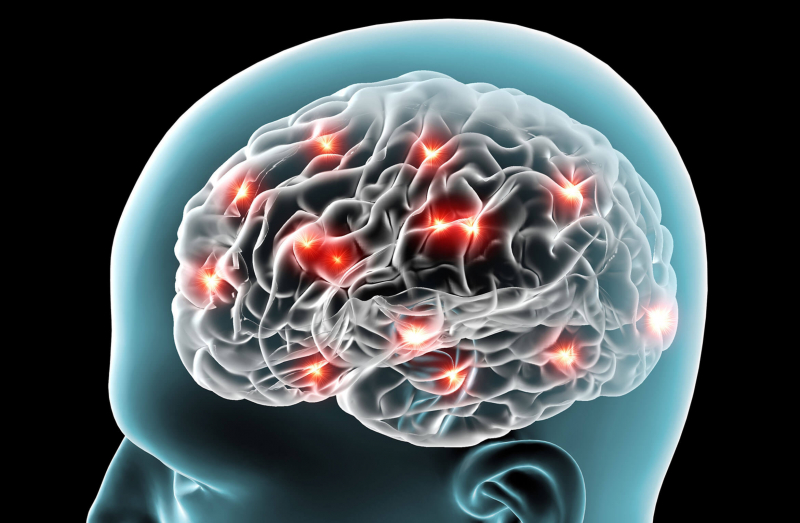
https://www.psypost.org -
A lot of people like to drink alcohol occasionally, and some people drink more than they should. If you drink too much and can't even recall what you did the night before, this could become a problem. Drinking till you pass out is often regarded as harmful. But properly speaking, it might not be what happens when you drink.
Drinking hinders your ability to remember rather than actually making you forget. What's the distinction? The act of forgetting indicates that the memory already existed. However, drinking reduces your brain's capacity to create new memories. A substantial amount of alcohol can cause you to become "blackout drunk," which means you performed whatever you did while intoxicated but your brain was unable to retain those memories. You simply never created a recollection in the first place, therefore you didn't do something and then forget it.
Your hippocampus is affected when your blood alcohol level reaches 0.18 to 0.30. This is going dangerously near to alcohol poisoning and is a lot higher than what is typically thought of as the legal blood alcohol level if the police pull you over.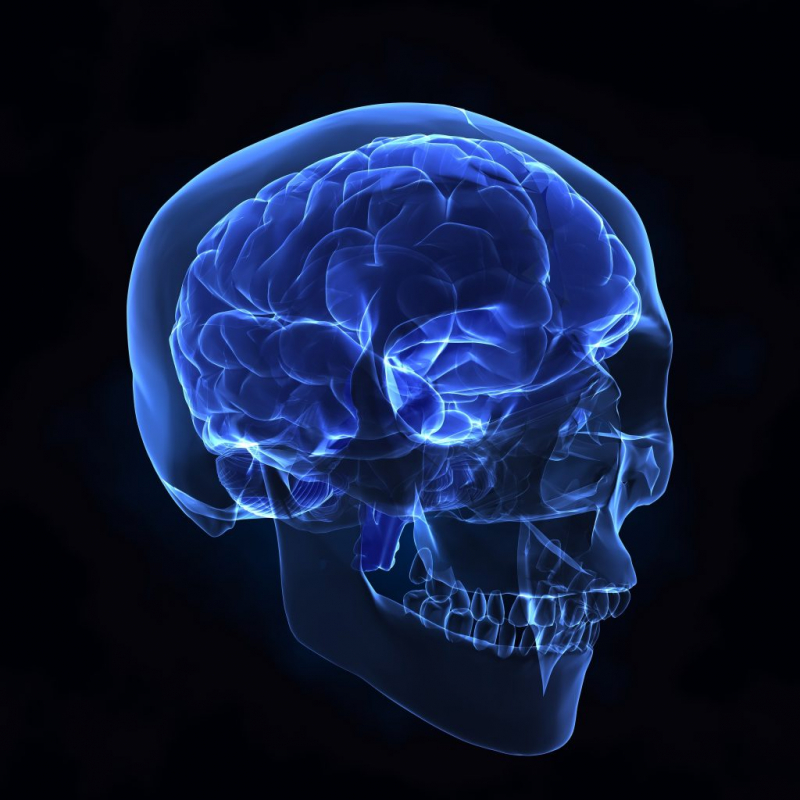
http://www.eberstlaw.com/ 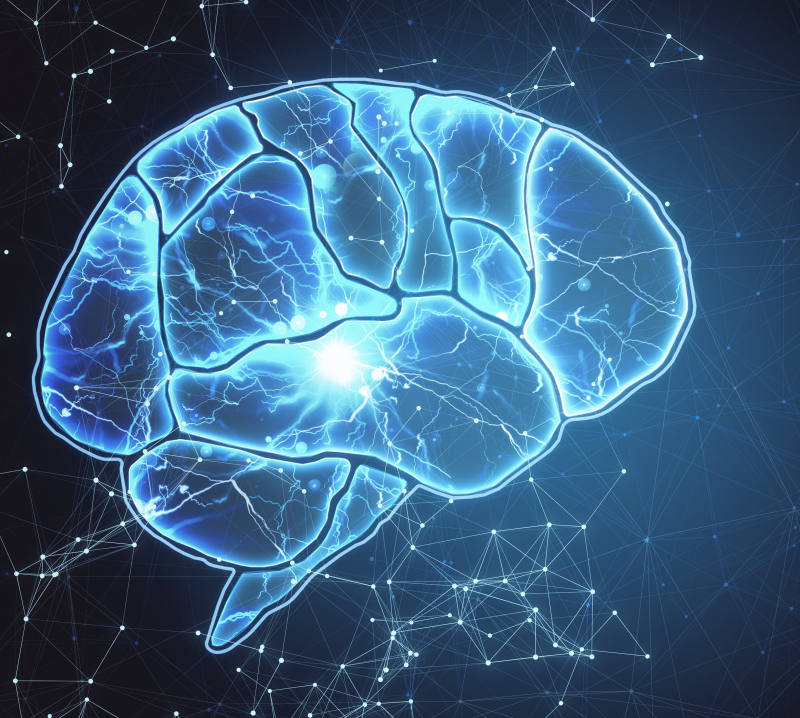
https://thecollege.syr.edu -
Birds' astonishing capacity to track the Earth's magnetic fields may explain how they are able to migrate, sometimes covering thousands of miles annually. The ability to feel magnetic fields is shared by a variety of other creatures, including flies and sharks. Cryptochrome-related proteins are connected to this capacity.
Cryptochromes are peculiar in that humans possess them as well. According to studies, some people's brains contain these proteins, which respond to changes in magnetic fields in a manner similar to how an animal that uses these proteins for navigation might. Therefore, it is possible that the human brain can detect changes in magnetic fields.
But the issue is that your brain doesn't know what to do with that knowledge. Despite the fact that research suggests your brain is capable of doing it, nothing is done with it. We are unable to identify any discernible influence on either conscious or unconscious behavior.
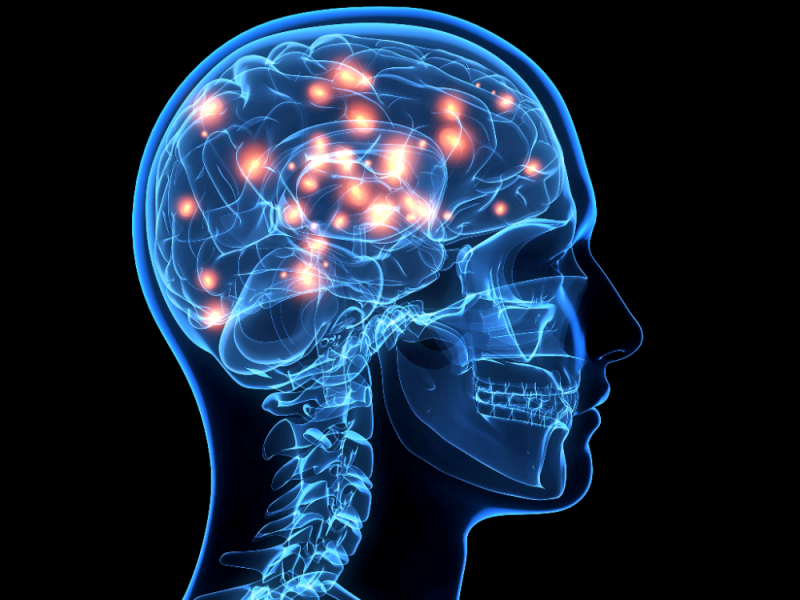
https://www.madspread.com/ 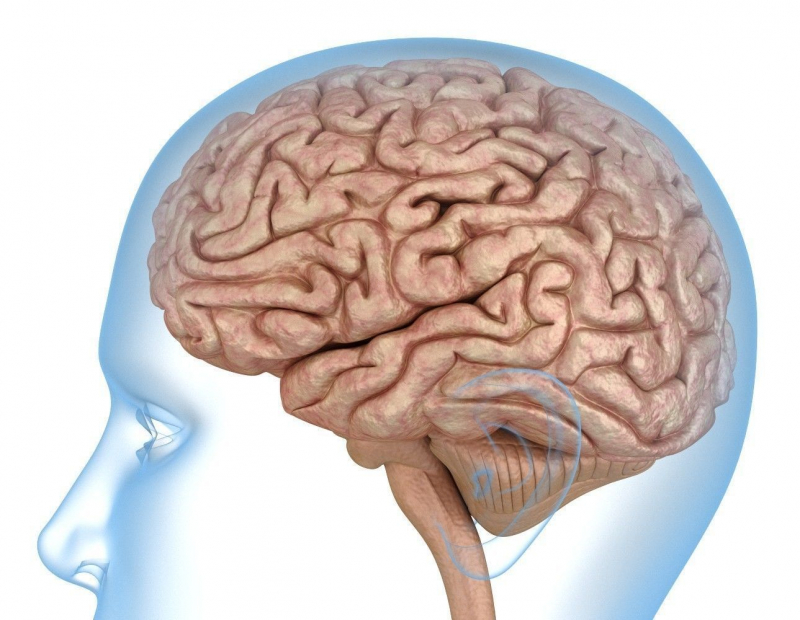
https://www.cgtrader.com -
You'll use the color black when you need to depict what you see when you close your eyes. But that could not be what you actually see. The hue you see is an extremely dark gray tint. It is known as eigengrau in German. "Own gray" or "intrinsic gray" are its meanings.
We never truly experience complete blackness when we close our eyes, and there are a few factors involved that have to do with contrast. Darkness cannot be understood without light. Without that, you settle for something less ominous, that natural gray that manifests itself beneath your eyelids. Additionally, brain chemistry is a factor.
In that brain, a protein by the name of rhodopsin aids in the conversion of light signals to electrical ones. This enables your brain to interpret what you see. Photons trigger the protein's activation. The process of "seeing" as we know it starts when photons induce isomerization in the rhodopsin. However, spontaneous isomerization also takes place in the absence of light, giving us a very small amount of vision even when there is no light at all. In turn, this results in inherent gray.
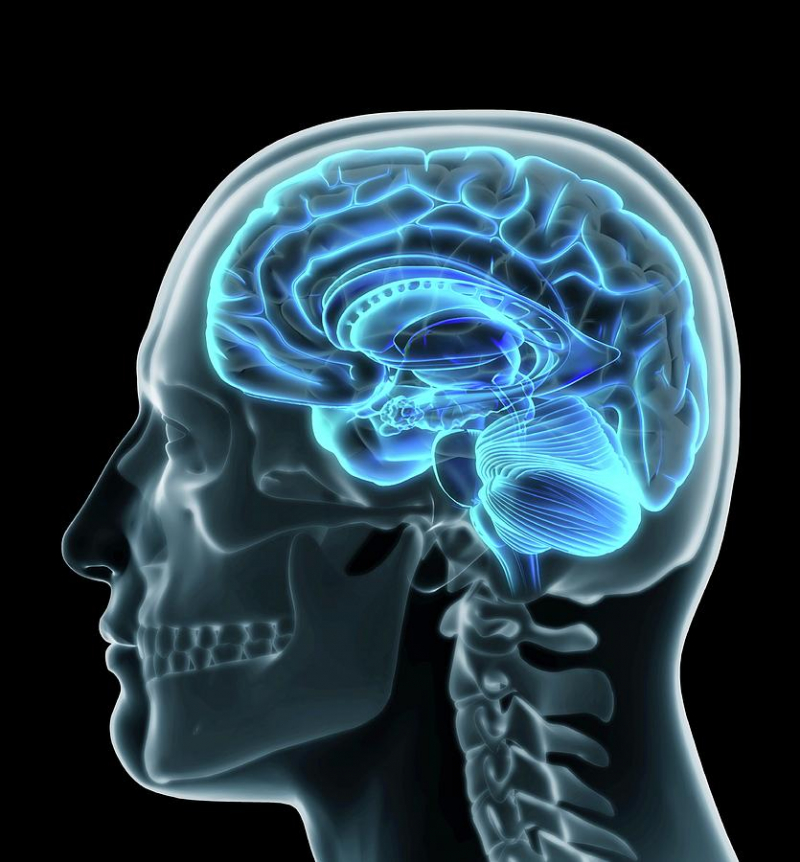
https://fineartamerica.com/ 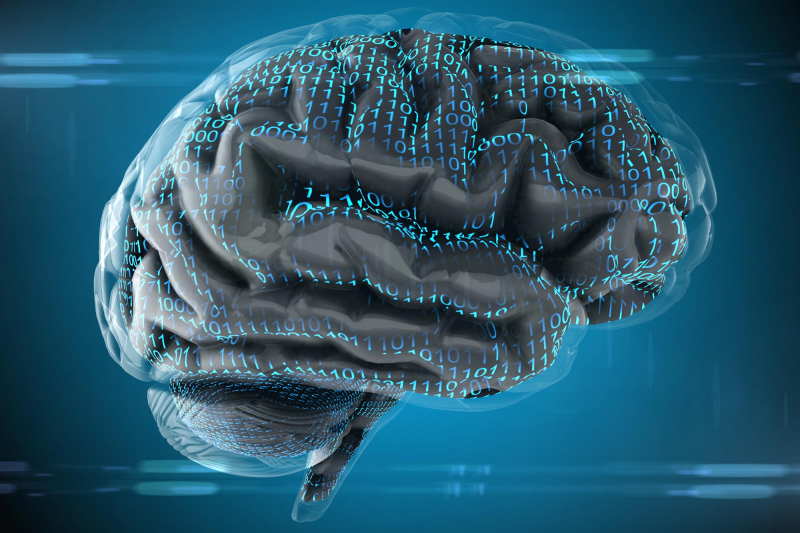
https://scitechdaily.com -
Imagine going for a stroll outside. The day is warm and partly cloudy. When something wet and chilly hits you in the face, you realize it is raining. How did you feel, exactly? The pressure of the plummet and the temperature change will have been sensed by the nerves in your body. What about the moisture, though?
Contrary to what our senses tell us, our brain cannot detect moisture. A variety of senses, such as texture, pressure, warmth, and others, combine to create the impression of wetness in our minds. Our brain can recognize them as wetness when they occur simultaneously since, in our experience, that is how wetness feels. It is a fabrication created by our past experiences.
However, you've probably had encounters where you believed something you felt was moist, but it turned out to be dry instead—a deception of the senses. Your brain is merely attempting to process sensations. Unfortunately, our brains aren't very good at distinguishing between how wet something feels on different parts of the body, but you can at least rate how wet something feels to you.
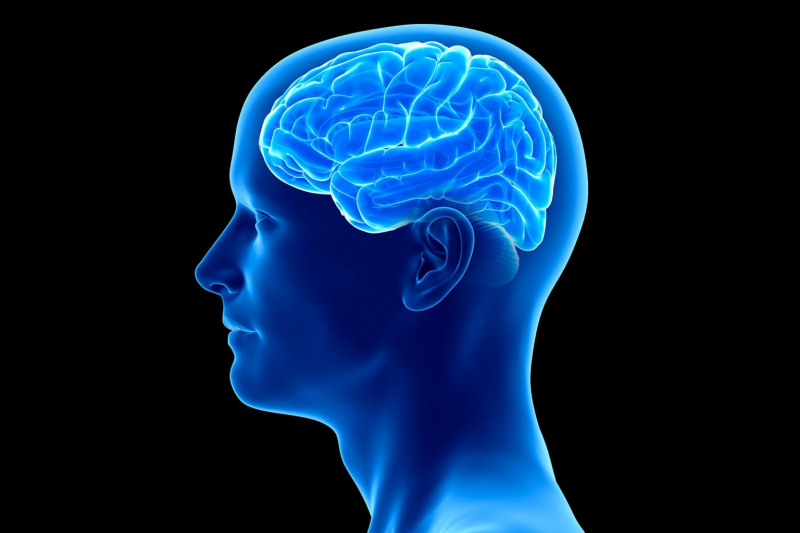
https://doctoyou.net/ 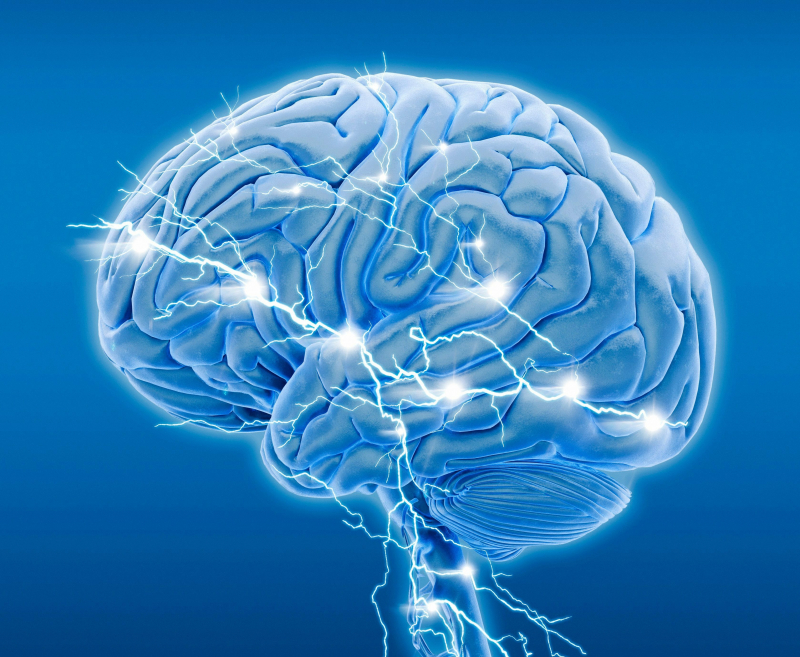
https://geauxstore.com/















